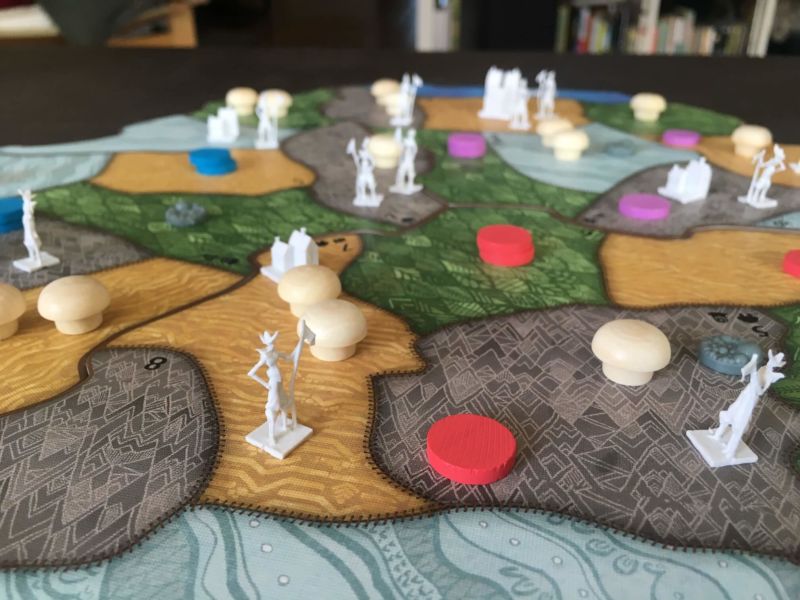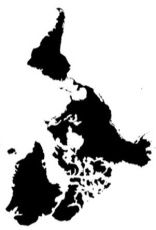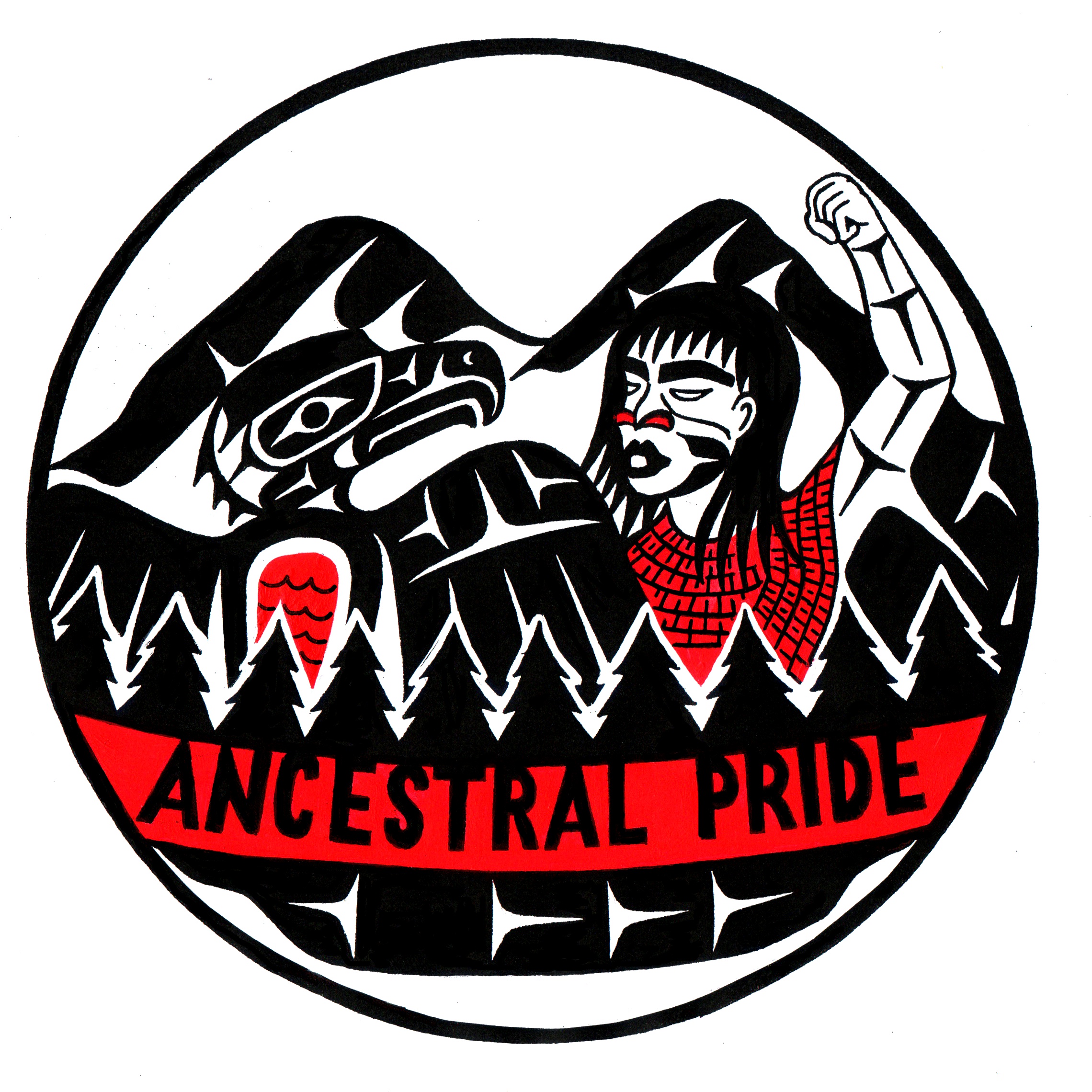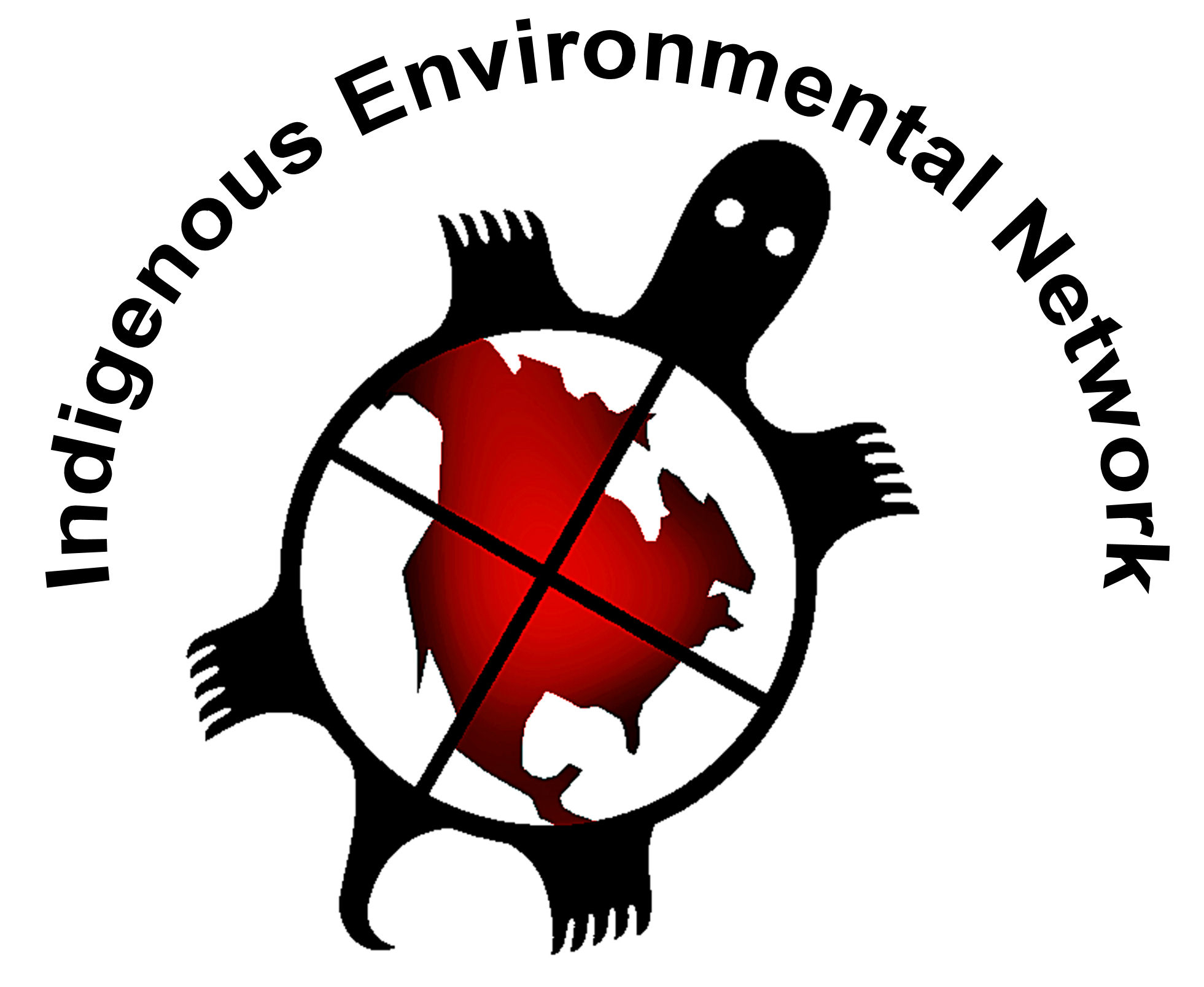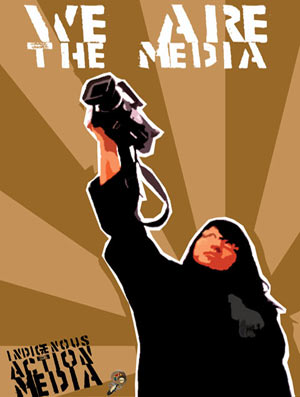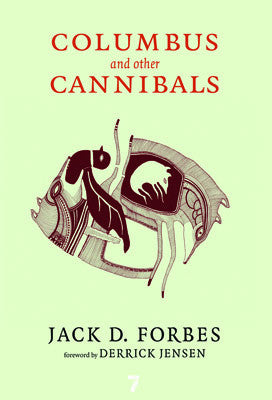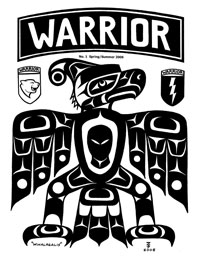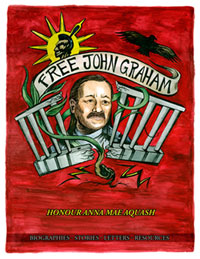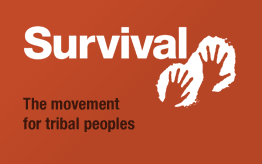 Eurocentricism, re-colonization, and settler colonialism
Eurocentricism, re-colonization, and settler colonialism
By Vanessa Sloan Morgan, Intercontinental Cry
Unnamed anarchist from Europe [interviewer]: Particularly in Canada, the term “First Nations” is frequently used to describe Indigenous societies. This tends to confuse radical Europeans who consider all references to “nations” as necessarily conservative. Can you shed some light on the Indigenous usage of the term?
Taiaike Alfred from the Mohawk Nation of Kahnawá:ke [interviewee]: Europeans should not transpose their experience with nationhood on others. I myself do not think the term accurately describes our people – only our own languages and words can do that – but it is useful in a sense; it conveys an equality of status in theory between our societies and that of the colonizer. And it reiterates the fact of our prior occupancy of this continent (Alfred, 2010).
The languages that we speak build walls. The English language, for instance, is noun-based, territorial and possessive by nature. Behind this language, however, is a distinct way of relating – one that is exemplified by the interview excerpt above. Sharing a language does not imply consensus or commonality. In this case, although Taiake Alfred does not agree in full with the term ‘First Nations’, he does differentiate First Nation and Indigenous Nationhood from European, Westphalia conceptions of nation-state. He dually describes why, from his perspective as a member of the Mohawk Nation from Kahnawá:ke, this terminology resists Eurocentric impositions of governance but also responds to colonial power-imbalances. Social movements, especially in North America, often fall carelessly into colonial traps of Eurocentric thought and colonial universalism, as exampled above[1]. On the surface, though, it is clear why anarchist movements and anarchic theory may be attracted to anti-colonial struggles.
Opposition to the state and to capitalism, to domination and to oppression, are at the core of anarchist and autonomous movements; they are also at the core of anti-colonial struggles that see the state, and by mutual extension the capitalist system, as de-legitimate institutions of authority that ‘Other’ and colonize by way of white supremacist notions of cultural hegemony (see Fanon, 1967; Smith, 2006). Anarchist movements, however, often fail to account for the multiple layers of power that are at play, both contemporarily and historically. As Barker (2012) critically contends, many of the Occupy sites, for example, recolonized by uncritically occupying already occupied lands. The settler privilege of autonomous organizers within these movements upheld hegemonic/colonial territoriality. Romanticized for stewardship and place-based relations to land, Indigenous peoples have even been idolized as the ‘original’ anarchist societies (Barker & Pickerill, 2012). Indigenous Nationhood Movements actively seek to rebuild nation-to-nation relations with settlers by re-empowering Indigenous self-determination and traditional governments (Indigenous Nationhood Movement, 2015). Nation-to-nation, though, cannot be taken in its settler colonial form; indeed, this assumption concerning a homogenous form of government was, and is, at the core of colonialism: “modern government…the European believed, was based upon principles true in every country. Its strengths lay in its universalism” (Mitchell, 2002: 54). Respecting Indigenous Nationhood as a culturally, politically, and spiritually distinct movement propelled by and for Indigenous peoples is integral. Reasons for and tactics in support of these movements may vary, however they inevitably overlap in many offensives with anarchist anti-authoritarian agendas.
With Eurocentric understandings of an anti-colonial anarchism at the core of many activist oriented renditions of such thinking, activists and scholars alike have heeded words of advice to those amidst struggles against colonial forces in settler colonial contexts. As stated by Harsha Walia in discussing autonomy and cross-cultural, colonial-based struggle:
“Non-natives must recognize our own role in perpetuating colonialism within our solidarity efforts. We can actively counter this by… discussing the nuanced issues of solidarity, leadership, strategy and analysis – not in abstraction, but within our real and informed and sustained relationships with Indigenous peoples.” (2012)
By respecting difference, even spatializing autonomy, settler peoples would do well to not transplant – to settle – their perceptions of autonomy, of solidarity, of leadership, and of strategy onto Indigenous movements. Alternatively in settler colonial contexts, anarchist struggles against colonial authority, and thus capitalistic systems, invariably require respectful engagement with Indigenous movements. This is integral if re-colonizing tendencies of anarchist movements–oftentimes primarily driven by European settlers–are to be prevented. Anarchist actors, especially when operating in settler colonial spaces, must understand the nuances of place specific histories and colonial processes. As Lasky suggests, there is “potential for directly relating to each other and changing our relationships with each other in ways that withdraw consent from ‘the system’ and re-creates alternatives that empower our collective personhoods now” (2011: np). As Alfred mentions however, Eurocentric tendencies have oftentimes perpetuated colonial relations of power. As a result, the very structures of oppression that anarchic thought starkly opposes, but also stemmed from, creep into relational geographies.
References
Alfred, T. (2010). Interview with Gerald Taiaiake Alfred about Anarchism and Indigenism in North America. Retrieved from http://www.alpineanarchist.org/r_i_indigenism_english.html
Barker, A. (2012). Already Occupied: Indigenous Peoples, Settler Colonialism and the Occupy Movements in North America. Social Movement Studies, 11(3-4), 327–334. doi:10.1080/14742837.2012.708922
Barker, A. J., & Pickerill, J. (2012). Radicalizing Relationships To and Through Shared Geographies: Why Anarchists Need to Understand Indigenous Connections to Land and Place. Antipode, 44(5), 1705–1725. doi:10.1111/j.1467-8330.2012.01031.x
Fanon, F. (1967). Black skin, white masks. New York, NY: Grove Press.
Indigenous Nationhood Movement. (2015). About. Retrieved from http://nationsrising.org/about/
Lewis, A. (2012). Decolonizing anarchism: Expanding Anarcha-Indigenism in theory and practice (Masters thesis). Queen’s University, Kingston, ON. Retrieved from http://qspace.library.queensu.ca/bitstream/1974/7563/1/Lewis_Adam_G_201209_MA.pdf
Mitchell, T. (2002). Rule of experts: Egypt, techno-politics, modernity. Berkley, CA: University of California Press.
Smith, A. (2006). Heteropatriarchy and the three pillars of white supremacy. In Incite! (Ed.), The colour of violence: The INCITE! anthology (pp. 66–73). Cambridge, UK: South End Press.
Walia, H. (2012). Decolonizing together: Moving beyond a politics of solidarity toward a practice of decolonization. Briar Patch, January/February. Retrieved from http://briarpatchmagazine.com/articles/view/decolonizing-together
[1] Adam (Lewis, 2012) explores this topic in depth.

